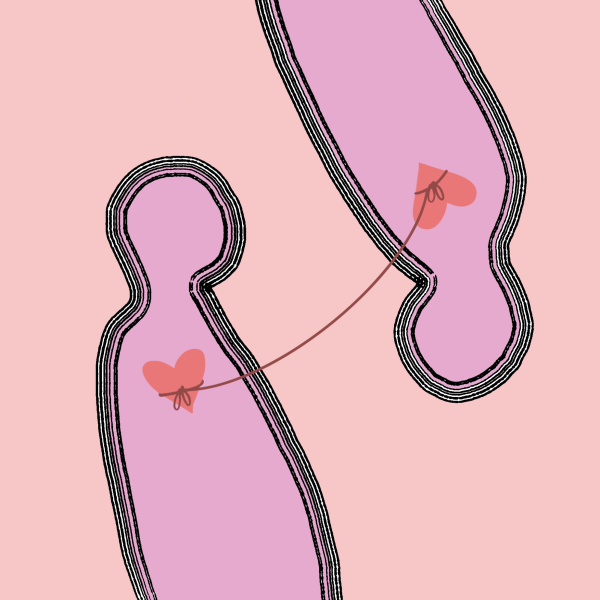Minus the City: The Deal With “Male Birth Control”
I’ve definitely seen a video or two of someone clamoring about the fact that while “male birth control” (like the pill, but for men) actually exists, there is a reluctance to put it on the market because of side effects that sound a lot like the list of side effects of female birth control. Naturally, hearing this angers me, because women have endured the side effects of the pill — or any other hormonal birth control, for that matter — for decades. Oftentimes, women have to go through the strenuous process of switching brands because some side effects are just too unbearable. So hearing news like this is deeply upsetting — almost too upsetting and bizarre for there not to be more of a collective upheaval. Why is this not a bigger deal in conversations about safe sex and pregnancy prevention?
The male birth control in question is called Dimethandrolone undecanoate (DMAU). It’s an oral contraceptive, that when taken for an extended period of time can decrease testosterone levels (although not enough to experience symptoms associated with low-t), which in turn decreases sperm production or halts it completely. Studies show that men ages 18 to 50 have found taking the drug for 28 days very tolerable. Among the side effects experienced by some were minimal weight gain (although this was experienced by those taking both the drug and the placebo, and there was no specification of whether or not the weight gained was lean or fat mass), minimal acne, mild headaches and tiredness. A select few described experiencing very mild cases of decreased sex drive and erectile dysfunction. Still, in a study done by Nguyen et al on the acceptability of the drug, about 80% of participants were satisfied by it, and some would even recommend DMAU. Ultimately, the drug shows overwhelming promise, having passed several safety tests, including those that monitor kidney and liver function.
The “reluctance” to put the drug on the market is just plain wrong. There still needs to be testing that uncovers the long-term effects of the male birth control pill, as well as confirms whether or not the drug effectively blocks sperm production, which could possibly take over a decade. But at least there is something to look forward to: not only is testing for the potential use of DMAU underway but other male contraceptives, including one for topical use, are currently being developed. The question is when these contraceptives become available, will men strive to alleviate the burden of family planning and pregnancy prevention on women? With 50% of participants in the Nguyen study claiming they will not, more dialogue on the issue and media that tackles stigmas and hesitations associated with the male pill remain necessary.









